Sheep Welfare Scheme
I have been to a few farm events and marts over the last week and there are still quite a few queries being raised and some confusion regarding the new National Sheep Welfare Scheme (NSWS).
The scheme is a one-year standalone scheme that is not linked to the Sheep Improvement Scheme. Therefore, farmers need to make an application to the NSWS before the deadline of Tuesday 21 May if they wish to participate.
Some farmers were of the opinion that they could complete the shearing action and receive a 50% payment of €4 per head.
Where only one action is completed, then the payment on that action will be lost and a penalty will be imposed of €2/head, leaving a payment of €2 per sheep. Some farmers may be satisfied with this, but it is important to be fully aware of the situation.
Regarding retention of sheep numbers, the scheme differs to the SIS in that the payable number of sheep does not need to be retained across the year.
For example, if a farmer has a payable figure of 60 sheep and satisfies this under the actions of shearing and clostridial vaccination of ewes, that number can drop below 60 for the remainder of the year.
More information and similar questions and answers can be found here.
Be advised that if participating in the SIS, the reference figure for payment needs to be maintained to obtain maximum payment. The figure can be reduced in a given year by notifying the Department in writing.
This will become the new reference figure for payment in that year. Numbers can be subsequently increased up to the reference figure if the farmer wishes to do so.
Orf vaccination
There have also been a number of queries concerning dealing with an orf outbreak and the merits of vaccinating lambs. The orf vaccine, Scabigard, works by stimulating an immune response to a mild, controlled form of the disease.
Vaccination can help sheep develop immunity in the case of an outbreak, but it is important to note that it takes about two weeks for immunity to develop, providing protection for up to 12 months.
Therefore, it is advisable to segregate sheep displaying clinical signs of disease. The virus will generally run its course in healthy sheep, but antibiotic treatment may be warranted to ward off secondary bacterial infections in sheep with severe lesions.
There are some homeopathic treatments on the market that some farmers find successful. Orf is a zoonotic disease, and care should be taken when handling any infected sheep.
Eid al-Adha
The Islamic festival of Eid al-Adha is set to take place from 16 to 20 June 2024. The festival has underpinned the highest level of weekly throughput in recent years, with the strongest demand in the week leading in to the festival.
Dates for diary
Sheep equipment and technology company Cotter Agritech are running two open days on 21 May on the farm of Brian Nicholson, Johnstown, Kilkenny (E41 RT66) and on 22 May on the farm of Padraig Frasier, Louisburgh, Co Mayo (F28 YH66).
The events run from 6.30pm to 9pm, will feature a farm walk including an overview of the farming system, talks on anthelmintic resistance, a showcase of Cotter Agritech sheep equipment and technology and breeding for improved performance.




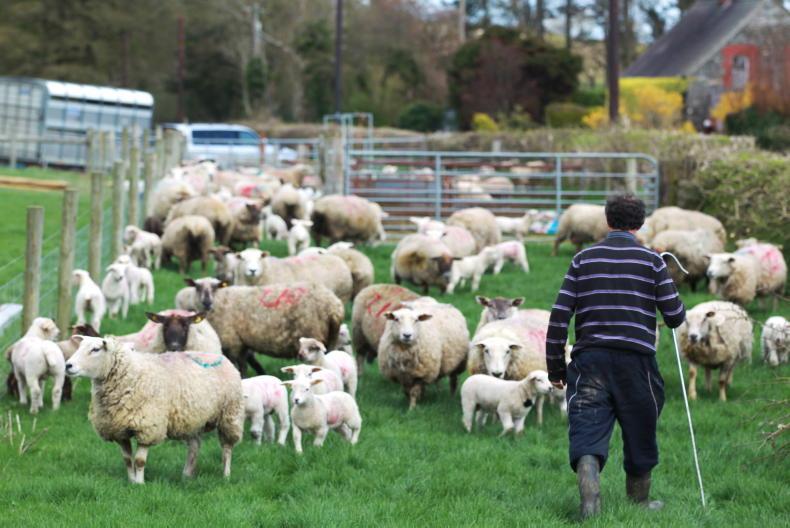
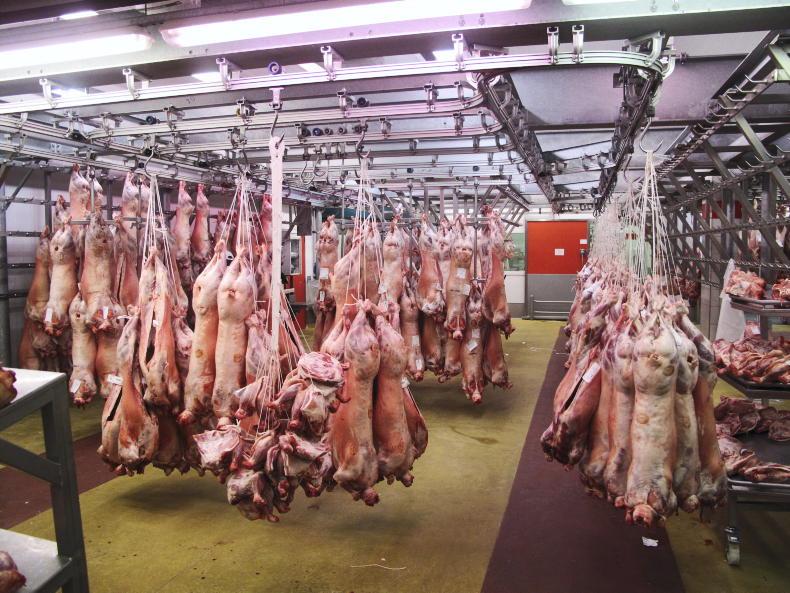

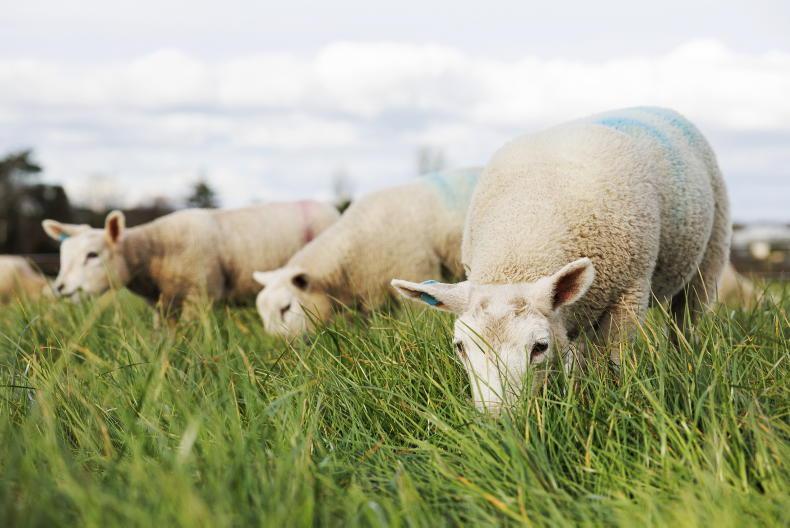
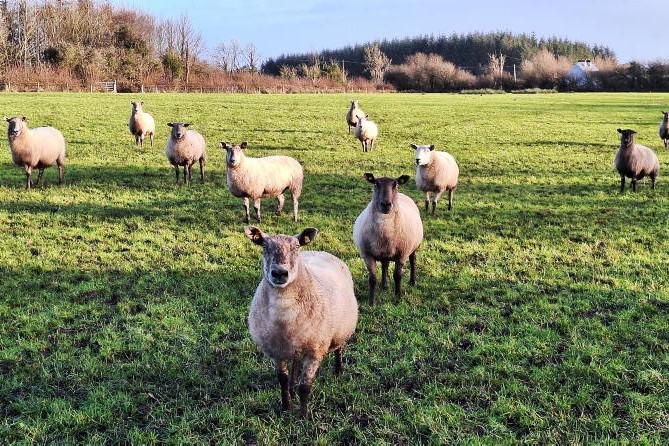
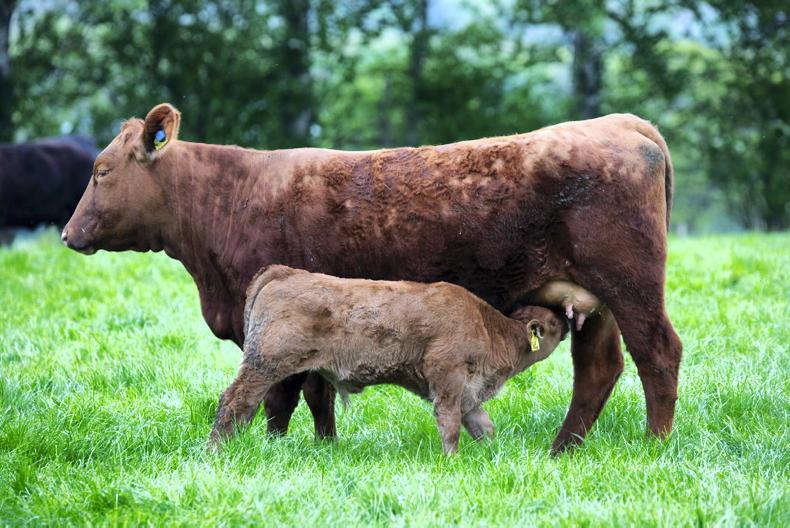
SHARING OPTIONS